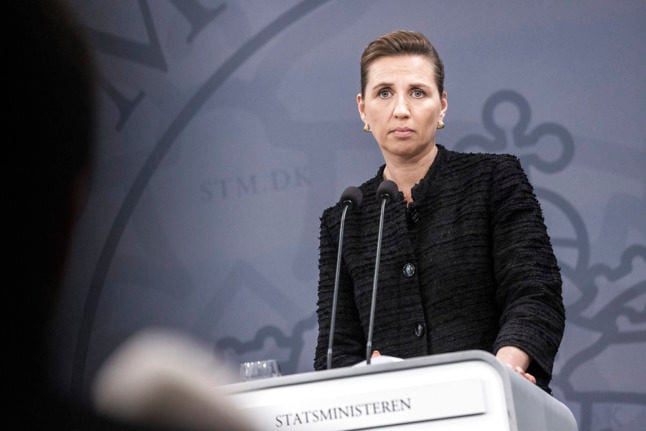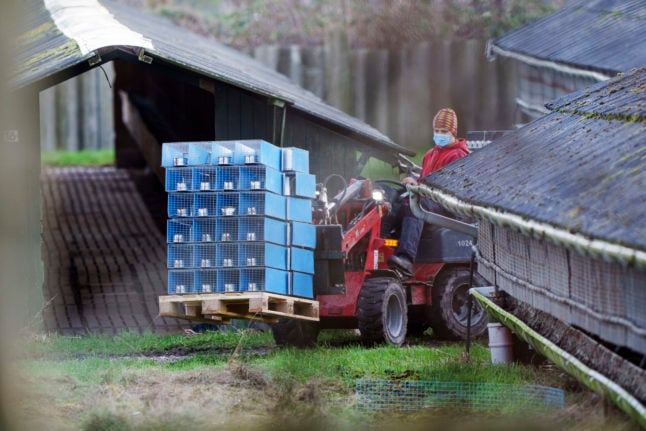The end of restrictions could mean all domestic curbs end although travel rules may remain in place, according to reports from several media outlets. Restrictions are currently set to expire on January 31st.
Frederiksen will announce the decision at a government briefing on Wednesday evening, newspaper Jyllands-Posten writes, citing anonymous sources.
The Prime Minister’s office told news wire Ritzau that the scheduling for the briefing was yet to be confirmed.
In addition to lifting restrictions, Frederiksen is expected to announce that Covid-19 will no longer be categorised as a critical threat to society.
The classification, currently scheduled to expire on January 5th, is important because it impacts the ability of the government to introduce restrictions aimed at curbing spread of the virus.
READ ALSO: Why is ‘critical threat’ status of Covid-19 important in Denmark?
The independent Epidemic Commission has recommended the removal of restrictions, according to Jyllands-Posten.
Another Danish newspaper, Politiken, reports that the Commission cites a change in the nature of the Covid-19 epidemic in Denmark as justifying the end of restrictions while infection numbers are higher than at any previous time during the last two years.
“We have a new epidemic situation where high and increasing transmissions do not transfer to admissions to hospitals to the same extent as before,” the Commission said in its recommendations according to Politiken.
Travel restrictions including entry testing and quarantine rules should, however, be extended for a further four weeks, the Commission said according to broadcaster TV2.
READ ALSO: Danish travel rules: What’s the difference between ‘risk’ and ‘high risk’ countries?
While daily infection totals have continued to grow in recent weeks, the number of patients in hospital with Covid-19 has not increased by a corresponding amount and the number of patients admitted to ICUs has begun to decline.
An additional 46,950 new cases of the virus were registered on Tuesday with hospital patients with Covid-19 up to 918. This includes 222 people admitted to psychiatric wards who have Covid-19 but it is not the cause of their admission.
44 patients at Danish hospitals are under intensive care treatment for Covid-19, with 28 of them receiving ventilator treatment.
The Danish Health Authority on Monday announced an easing of self-isolation rules following a positive Covid-19 test.
READ ALSO: What are Denmark’s new rules for isolation after testing positive for Covid-19?



 Please whitelist us to continue reading.
Please whitelist us to continue reading.
Member comments